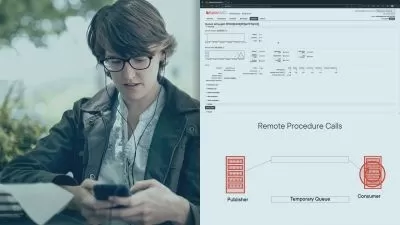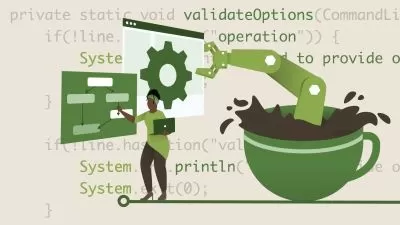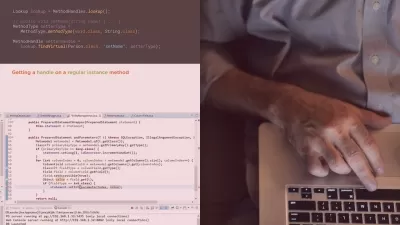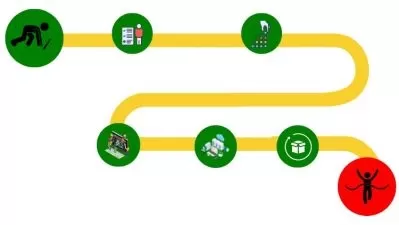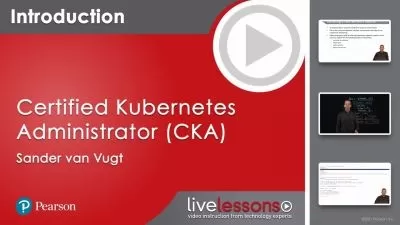SOLID Software Design Principles in Java 8
Dan Geabunea
1:59:44
Description
Learn how to apply the SOLID principles of object-oriented design in Java applications to create loosely coupled systems that are easy to change, test, and maintain.
What You'll Learn?
All software developers know the burden of working with brittle systems that acquire lots of technical debt over time. Those applications are fragile, rigid, and almost impossible to evolve. In this course, SOLID Software Design Principles in Java, you will gain the ability to create applications that are less coupled, easier to test, and more maintainable. First, you will learn why it is better to keep your methods and classes small and focused. Next, you will discover how to effectively extend functionality and create correct relationships between your classes. Finally, you will explore how to design proper interfaces and how to decouple your system by depending on abstractions. When you are finished with this course, you will have the skills and knowledge needed to build robust, maintainable applications in Java.
More details
User Reviews
Rating
Dan Geabunea
Instructor's Courses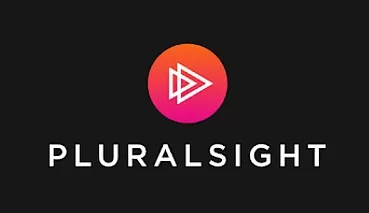
Pluralsight
View courses Pluralsight- language english
- Training sessions 34
- duration 1:59:44
- level average
- Release Date 2023/10/11






